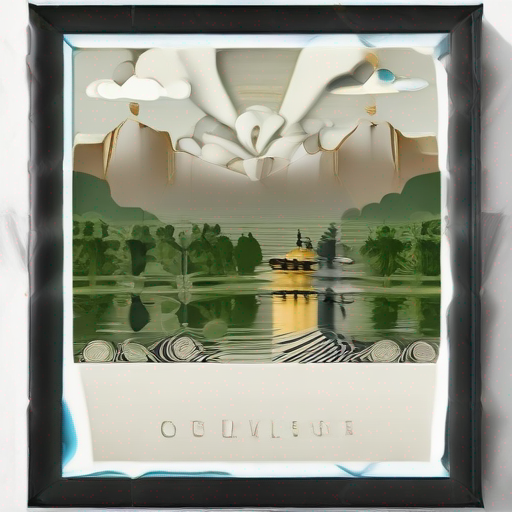
Traditional Nigerian Religion: Exploring the Rich Heritage and Cultural Significance
Traditional Nigerian religion, also known as African traditional religion, has been a vital part of Nigerian culture for centuries. It is a complex web of beliefs, practices, and values that are deeply rooted in the country's rich cultural heritage. In this article, we will delve into the world of traditional Nigerian religion, exploring its significance, key principles, and impact on modern-day Nigeria.
The Significance of Traditional Nigerian Religion
Traditional Nigerian religion is more than just a collection of beliefs and practices; it is an integral part of the country's identity and cultural heritage. It provides a sense of belonging, connects people to their ancestors and the land, and offers guidance for daily life. The significance of traditional Nigerian religion cannot be overstated; it is what makes Nigeria unique and sets it apart from other cultures around the world.
Key Principles of Traditional Nigerian Religion
At its core, traditional Nigerian religion is based on a set of key principles that guide daily life. These principles include:
- Respect for Ancestors: Nigerians believe that their ancestors play an important role in guiding them and watching over them.
- Belief in the Supernatural: The supernatural world is seen as real and interconnected with the physical world.
- Importance of Community: Traditional Nigerian religion emphasizes the importance of community and living in harmony with one's neighbors.
Traditional Practices
Traditional Nigerian religion is characterized by a range of practices that are designed to maintain balance and order in the world. Some of these practices include:
- Offerings to Ancestors: Nigerians make offerings to their ancestors as a way of showing respect and seeking guidance.
- Divination: Traditional diviners use various methods, such as reading bones or interpreting dreams, to communicate with the supernatural world.
The Impact of Christianity on Traditional Nigerian Religion
The arrival of Christianity in Nigeria had a significant impact on traditional Nigerian religion. Many Nigerians converted to Christianity, abandoning their traditional beliefs and practices. However, this has not resulted in the complete disappearance of traditional Nigerian religion; instead, it has led to a blending of cultures and the development of new forms of expression.
The Revival of Traditional Nigerian Religion
In recent years, there has been a renewed interest in traditional Nigerian religion. This revival is driven by a desire to reconnect with one's cultural heritage and to find meaning and purpose in life. The revival of traditional Nigerian religion is not just about preserving the past; it is also about creating a better future for Nigeria.
Frequently Asked Questions
Q: What is traditional Nigerian religion?
A: Traditional Nigerian religion refers to the beliefs, practices, and values that are unique to Nigeria's cultural heritage.
Q: Is traditional Nigerian religion still practiced today?
A: Yes, traditional Nigerian religion continues to be practiced today, albeit in a modified form.
Key Takeaways
- Traditional Nigerian religion is an integral part of Nigerian culture and identity.
- It is based on key principles such as respect for ancestors, belief in the supernatural, and importance of community.
- The practice of traditional Nigerian religion involves offerings to ancestors, divination, and other rituals.
Table: The Three Main Branches of Traditional Nigerian Religion
| Branch | Description |
|---|---|
| Yoruba | Focuses on the worship of deities and the use of magic. |
| Igbo | Emphasizes the importance of community and the role of ancestors. |
| Hausa/Fulani | Based on a belief in a single, all-powerful deity. |
Conclusion
Traditional Nigerian religion is a rich and complex cultural heritage that continues to shape Nigeria's identity and way of life. It is a vital part of the country's cultural fabric, providing guidance for daily life and connecting people to their ancestors and the land. As we move forward into the future, it is essential that we continue to explore and appreciate the significance of traditional Nigerian religion.
Learn More About Traditional Nigerian Jewelry
For those interested in learning more about traditional Nigerian jewelry, we recommend visiting traditional nigerian religion. This website offers a unique glimpse into Nigeria's rich cultural heritage and features stunning pieces of traditional Nigerian jewelry.

